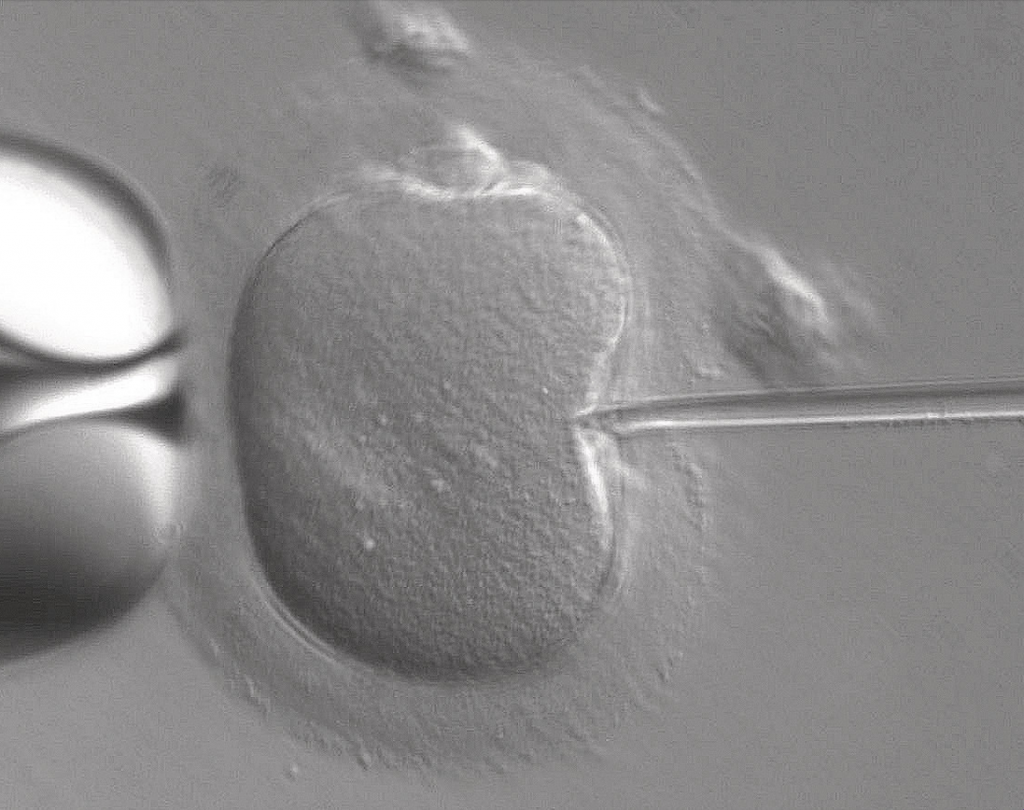Second Alabama IVF Provider Pauses Treatments Amid Legal Uncertainty Over Embryo Status

Following a groundbreaking ruling by the Alabama Supreme Court, Alabama Fertility announced a temporary halt to new in-vitro fertilization (IVF) procedures, citing the unprecedented legal risk posed by the court’s classification of embryos as “extrauterine children.” This decision, a first of its kind, has sent shockwaves through the medical and patient communities, prompting a reassessment of the legal framework surrounding IVF treatments in the state, according to The Guardian.
“We are facing an impossibly difficult decision to pause new IVF treatments due to the legal risks involved,” Alabama Fertility shared on Instagram, highlighting the profound implications for their clinic, embryologists, and most importantly, the patients hoping to start families. Dr. Michael C. Allemand, a physician with Alabama Fertility, emphasized the clinic’s continued commitment to patient care but acknowledged the need for caution in embryo management to avoid potential civil and criminal liabilities.
This move by Alabama Fertility follows a similar announcement from the University of Alabama at Birmingham, reflecting a growing concern among healthcare providers about the legal ramifications of the Supreme Court’s decision. Stemming from two wrongful death lawsuits related to the accidental destruction of frozen embryos, the ruling effectively applies the state’s Wrongful Death of a Minor Act to all unborn children, irrespective of their location outside a biological uterus.
Justice Jay Mitchell’s opinion for the court and Chief Justice Tom Parker’s concurring opinion, which cited biblical references, underscore the ruling’s alignment with broader “fetal personhood” goals pursued by anti-abortion activists, a stance that has historically also encompassed opposition to IVF on ethical grounds.
Patients like Gabrielle Goidel, currently undergoing treatment at Alabama Fertility, face immediate and tangible disruptions. Goidel’s plans for egg retrieval and subsequent embryo transfer are now in limbo, illustrating the personal toll of the ruling on individuals seeking fertility treatments.
The controversy extends beyond the legal arena, sparking a debate on the moral and ethical considerations of IVF and the rights of embryos. With nearly 1,000 babies born in Alabama in 2021 through assisted reproductive technology, according to CDC data, the ruling’s impact could be significant.
Alabama Fertility’s decision to pause IVF treatments underscores the need for a legislative reevaluation of reproductive technology laws to reconcile medical innovation with ethical considerations. As the legal battle continues, the fertility clinic urges legislative engagement, calling on the public to voice their concerns to lawmakers and advocate for the rights of families seeking to grow through IVF.
The Alabama Supreme Court’s decision marks a critical juncture in the ongoing discourse on reproductive rights and medical ethics. The case’s return to lower court for further litigation leaves room for ongoing debate and potentially, legislative clarification, as providers and patients alike navigate the uncertain landscape of fertility treatment in Alabama.

